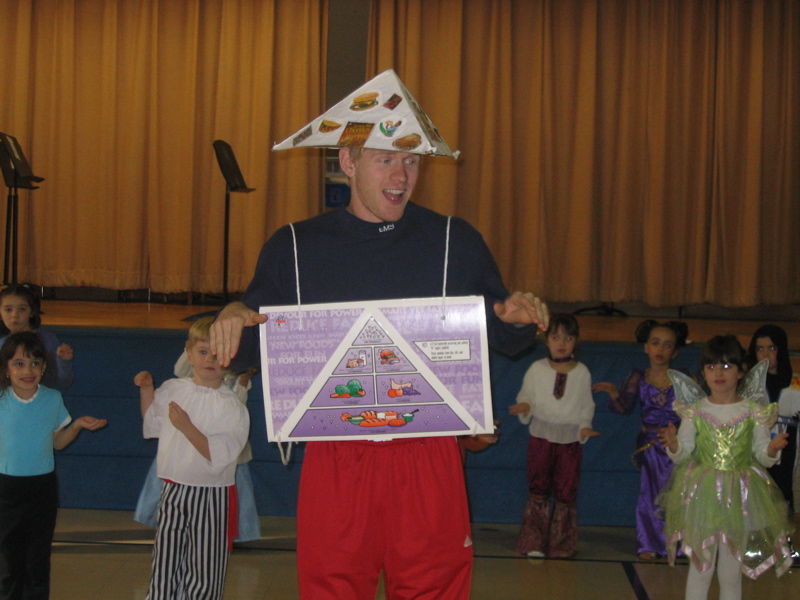Hello Gibbstown, welcome to Health and Physical Education!!
My name is Dr. Wehrle and I am your child's Health and Physical Education Teacher. Please check out my website for all types of information about the program here at Broad Street School. To the left you will find several links that provide more information about the program.
Log On to Dr. Wehrle's Google Classroom for Video Lessons, Activity Sheets, and all the information you need to
complete your Health and Physical Education assignments
Google Classroom: Codes:
2nd: Grade dj7xmwi
3rd: Grade ipzgwip 4th Grade sa6jq7j 5th: Grade bxxkblm
Need help logging into Google Classroom? Email Dr Wehrle at [email protected]

Hello, My name is Dr. Wehrle and I'm the Physical Education teacher for the Broad Street School.